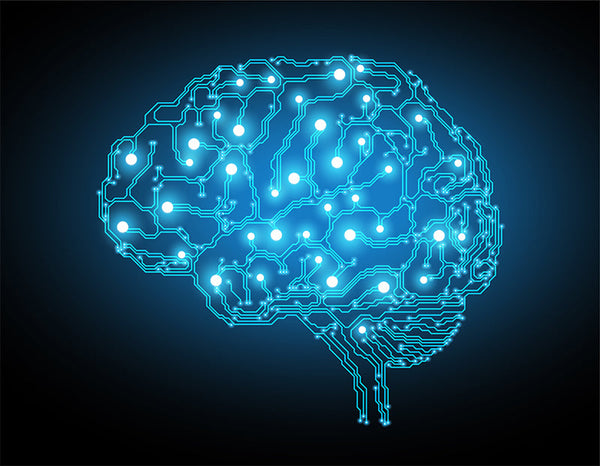
Think your hearing is fine? Well why not take our quick online hearing check to make sure? Here’s why it’s important to go for a hearing check up at least every two years.
While you might associate hearing loss with old age, but that’s not necessarily the case. In fact, our hearing can start degrading much younger – even in our twenties. This could be due to a number of reasons, one of the most common being exposure to loud noises.
How loud are your headphones?
Prolonged exposure to sounds over 85 decibels can cause permanent damage to your ears. Did you know that listening to music on your device at full volume is 105 decibels and that this is only safe for four minutes per day? And the sound levels at a rock concert are only safe for 28 seconds!

If you’re a big fan of loud music, take our free online hearing test to make sure you’re not hurting your ears. And in the meantime, why not consider wearing ear plugs at live gigs to keep the noise at safe levels, and try noise-cancelling headphones so you can still hear your music without cranking up the volume.
The recommended safe volume for listening to music on a personal device with headphones is at about 60% of the maximum.
Both iPhones and Android smartphones have volume limiter functions that will prevent the volume from going too high – check your settings to see if you can do this and safeguard your ears from hearing loss.
Why hearing tests are so important
Hearing tests can often be the only way to detect hearing loss as it happens so gradually it can be very difficult to spot yourself.
Make sure you plan to check your hearing at least every two years – you wouldn’t miss a trip to the doctor, dentist or optician, so why should your ears be any different?
Book a hearing appointment online, over the phone on 0800 40 20 20, or pop into your local branch to speak to one of our expert hearing care practitioners in person.
Hearing loss and dementia
Other than usual symptoms of hearing loss, like speech sounding muffled, background noises interfering with enjoying conversation, hearing loss has also been linked to dementia.

Dementia is a serious illness and the risk of developing it can be as much as five times higher with severe hearing loss – but the good news is that proper diagnosis and hearing aids can reduce this risk and the impact of the disease.
It’s easy to see why a regular hearing check is incredibly important for your long-term health.
Take the online hearing checker
You can take our 60-second free hearing assessment today. Depending on the results, you can come in for a comprehensive appointment and get advice from one of our experts.








